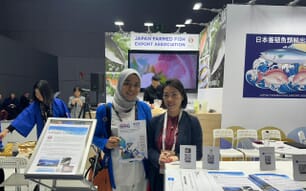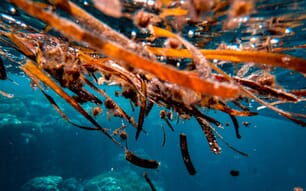
© CASS
The Conservation Alliance for Seafood Solutions - an NGO aiming to facilitate communication and collaboration between conservation organisations and seafood industry players - has published a new set of guidelines, seeking to help members of the seafood industry overcome environmental and social challenges at all points of the supply chain.
The Alliance previously published similar guidelines in 2008, however these new materials have been updated to address social issues relevant to the seafood industry, such as human rights safeguarding, in addition to revised environmental guidance. The updated guidelines support the organisation’s ambitious aim for 75 percent of global seafood production to be environmentally and socially responsible by 2030.
“We’ve slowly revised it to address human rights and labour issues. This is the first time we’ve incorporated social responsibility at such a fundamental level. We believe it will help companies achieve their goals of delivering a socially and environmentally responsible product to market,” said Conservation Alliance project director Ryan Bigelow, in an interview with Seafood Source.
As was recently made clear by the accusations of labour abuses in the Indian shrimp farming sector, the global seafood industry faces a long road to achieve responsible practices, but the complex nature of seafood supply chains can make the safeguarding of workers across the industry difficult.
Aiming to tackle the social issues that continue to persist within the seafood industry, the revised Conservation alliance guidelines provide resources to support companies as they work towards equitable and fair labour practices, such as safeguarding from human trafficking, fair wages, and safe working conditions.
“While progress is being made, it’s clear that it’s time for the industry to meet this issue with the urgency it deserves. Prioritising human rights alongside conservation is not just the right thing to do, it’s the best thing companies can do to future-proof their businesses from consumer backlash and reputational damage,” Bigelow stated.
“Companies of all sizes - from mass market retailers to family-owned sushi restaurants - have the power to apply pressure on suppliers, spur reforms, and create new markets, models, and supply chains that safeguard workers and the environment,” he concluded.




